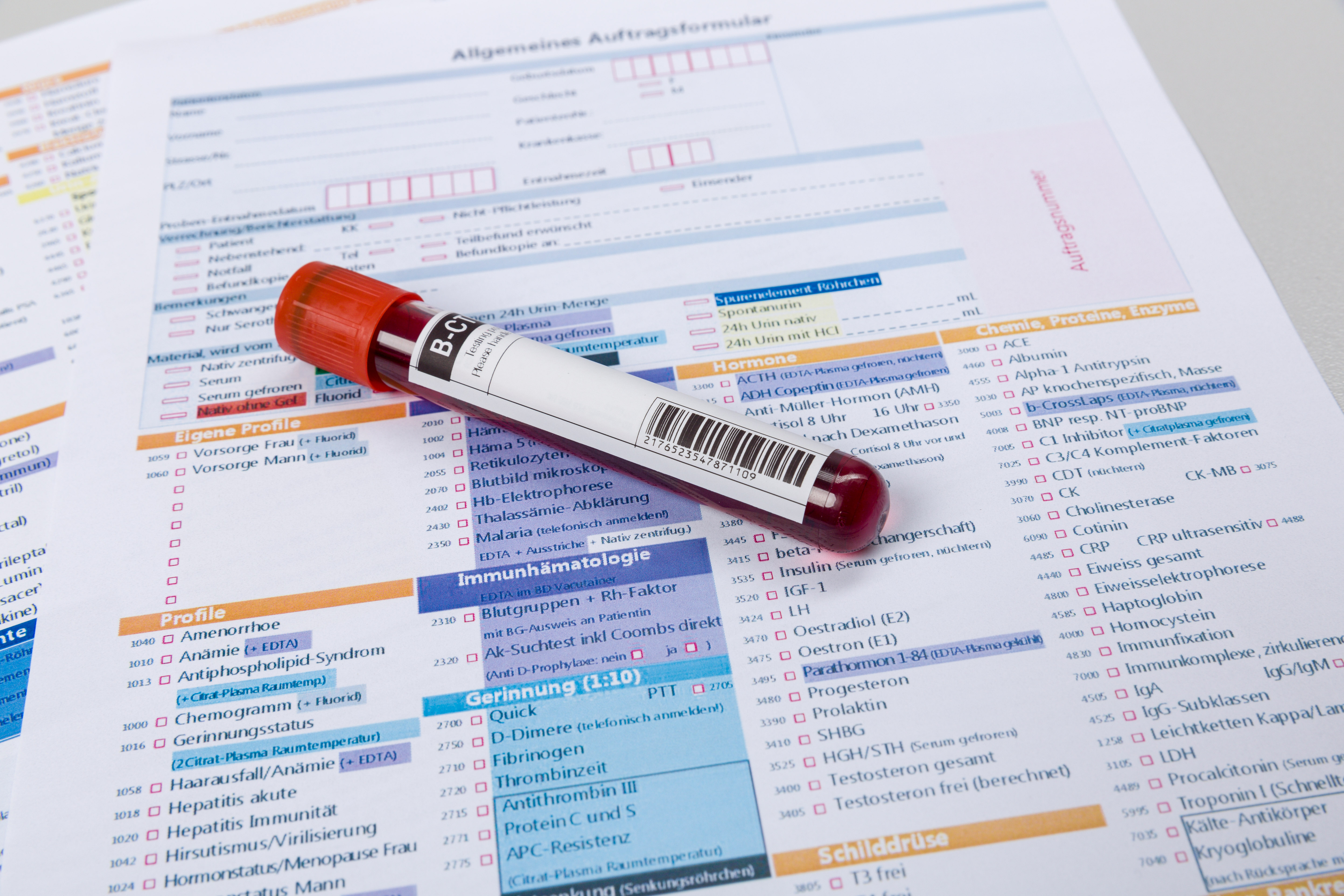For this test, we will take a sample of your blood and expose it to different types of allergens. You won’t learn the results right away. This test is often sent to a lab and results could take a week or more.
Make an appointment today! Call us at (954) 450-3550
Doctors don’t use it as often. They may use it if they have an idea of what you’re allergic to and it is only one or two specific things. Or they use this test if they are worried you have a severe allergy. That way, you don’t have to be exposed to the possible trigger.
Neither skin nor blood tests can accurately predict how severe a food allergy reaction may be.
This test isn’t done very often because it is dangerous for people with severe food allergies.
When is it useful? We will sometimes use this test to confirm a skin or blood test, or to see if a child has outgrown an allergy. It can be used to eliminate one specific food from the list, too. Why? Sometimes your skin might react to a food, but you wouldn’t have symptoms if you ate it.
Finally, in some cases a blood test may not be sensitive enough to find out your food trigger. A controlled food challenge can help sort it out.
For this test, you’ll go to our office or a hospital. That way you can be watched closely in case you have a severe allergy attack.
We will give you food samples and watch you for a reaction. Or you may take capsules — some with an allergen in it, some without. That way the we can be sure that it is the food causing the reaction. Never try a food challenge on your own because it can be very dangerous.
Make an appointment today! Call us at (954) 450-3550
Types of Allergy Blood Tests
Allergy blood tests detect and measure the amount of allergen-specific antibodies in your blood. When you come into contact with an allergy trigger, known as an allergen, your body makes antibodies against it.
The antibodies tell cells in your body to release certain chemicals. These chemicals are what cause allergy symptoms. Immunoglobulin E (IgE) is an antibody that’s strongly linked to the body’s allergy response.
Allergy blood tests usually screen for at least 10 of the most common allergy triggers, including dust, pet dander, trees, grasses, weeds, and molds related to where you live. They are also particularly helpful in diagnosing food allergies.
Allergy blood tests may be referred to as immunoassay tests and include:
- Enzyme-linked immunosorbent assay (ELISA, or EIA)
- Radioallergosorbent test (RAST)
The ELISA test measures the amount of allergen-specific antibodies in your blood.
The RAST test also looks for specific allergen-related antibodies in order to identify your allergy triggers. Since the introduction of the ELISA test, RAST testing has not typically been used.
Allergies can cause an increase in certain types of white blood cells. Blood tests to check your white blood cell counts, including a count of a type of white cell called an eosinophil, may also be done if we think you have allergies. However, it is important to keep in mind that many other health conditions can cause an increase in white blood cells.
Other blood tests may be ordered that measure the release of chemicals responsible for allergic reactions.
Why Allergy Blood Tests Are Done
Allergy skin testing is the preferred method, but in some cases blood testing may be ordered.
Allergy blood testing is recommended if you:
- Are using a medicine known to interfere with test results and cannot stop taking it for a few days. This would include antihistamines, steroids, and certain antidepressants.
- Cannot tolerate the many needle scratches required for skin testing.
- Have an unstable heart condition.
- Have poorly controlled asthma.
- Have severe eczema, dermatitis, psoriasis, or another severe skin condition.
- Might have an extreme reaction during skin testing or have a history of life-threatening allergic reaction called anaphylaxis.
- We may also order blood testing to determine how well your allergy treatments (immunotherapy) are working. Blood testing may also show whether you have outgrown an allergy.
Pros and Cons of Allergy Blood Tests
Advantages of allergy blood tests include:
- Can be done at any time, regardless of any medications you are taking.
- Requires only one needle stick (unlike skin testing). This may be more attractive for people who are afraid of needles. Allergy blood testing is the preferred test for infants and very young children.
Disadvantages of allergy blood tests include:
- More expensive than skin testing. Many health insurers do not cover allergy blood tests.
- May be less sensitive than skin tests.
- Takes days or weeks to get results because the blood sample must be sent to a laboratory for evaluation. Skin testing provides immediate results.
Allergy Blood Test Results
A positive result means allergy-specific antibodies were detected in your blood. This is usually a sign of an allergy.
The blood test will reveal what exactly you are allergic to. However, you can test positive for something but never have had an allergic reaction to it.
A negative result means you probably do not have a true allergy. That means your immune system probably does not respond to the allergen tested. However, it is possible to have a normal (negative) allergy blood test result and still have an allergy.
Allergy blood test results should be interpreted with caution by an allergy specialist. We will also consider your symptoms and medical history when diagnosing a specific allergy.
Side Effects of Allergy Blood Tests
Allergy blood testing is relatively safe. Side effects are usually minor and may include:
- Swelling and redness at the site where the needle was inserted
- Pain
- Bleeding at the site where the needle was inserted
- Some people may faint during blood testing.
Make an appointment today! Call us at (954) 450-3550

